Detoxing, frequently referred to as detoxification, is the process of eliminating harmful substances from the body. For those fighting with alcohol addiction, detoxing from alcohol is a crucial step towards recuperation. Alcohol detoxification can be a tough and also uneasy experience, yet knowing the timeline and what to anticipate can aid individuals browse through this process better.
Alcohol detoxing commonly entails a supervised clinical intervention to manage withdrawal signs and also guarantee the individual’s safety and security throughout the procedure. The period of alcohol detoxification varies depending upon a number of variables, including the person’s overall wellness, the severity of their alcohol use condition, and also their body’s action to detoxification.
The Early Stages of Alcohol Detox
Alcohol withdrawal symptoms normally begin within a couple of hrs after the last beverage and also can last for several days or perhaps weeks. The preliminary stage of alcohol detoxification is called acute withdrawal as well as is defined by the body adjusting to the absence of alcohol.
During this stage, people might experience physical as well as mental signs and symptoms. Physical signs and symptoms can include tremblings, sweating, queasiness, vomiting, frustration, quick heart rate, and also boosted blood pressure. Mental symptoms may vary from anxiousness and irritability to sleep problems as well as state of mind swings.
Within the first 24 to 72 hrs, these signs and symptoms may come to a head in intensity and become most difficult to handle. It is crucial to have clinical guidance throughout this moment to ensure the individual’s security as well as provide required support.
- Day 1: The preliminary signs of alcohol withdrawal commonly start to show up, such as stress and anxiety, insomnia, as well as tummy pain. Light tremors or drinks may additionally begin.
- Day 2: Withdrawal signs may escalate, including enhanced heart rate, hypertension, sweating, and also mood swings. Extreme shakes or seizures can take place.
- Day 3: Symptoms might continue to peak and can include hallucinations and delirium tremens (DTs), a serious kind of withdrawal defined by confusion, disorientation, and also frustration. DTs can be life-threatening and call for instant clinical interest.
It is essential to keep in mind that not every person will experience the exact same progression or intensity of signs during alcohol detox. Everyone’s detox experience is special, as well as medical professionals can customize therapy strategies based upon specific needs.
The Protracted Withdrawal Phase
Adhering to the intense withdrawal phase, some individuals may experience drawn-out withdrawal signs and symptoms, likewise called post-acute withdrawal disorder (PAWS). PAWS refers to a much more prolonged duration of physical and also emotional signs and symptoms that can persist for months and even years after the first detoxification.
Common symptoms of PAWS include state of mind swings, stress and anxiety, sleeplessness, tiredness, trouble concentrating, as well as memory troubles. These symptoms can reoccur, commonly caused by anxiety or other variables. While PAWS can be discouraging, it is important to bear in mind that it is a typical component of the recovery process and also can progressively boost with time.
Throughout this phase, continuous support from medical care specialists, therapists, as well as support groups can be exceptionally valuable. Establishing healthy and balanced coping systems as well as engaging in activities that advertise physical and also psychological well-being can aid individuals navigate through PAWS better.
Aspects Affecting the Duration of Alcohol Detoxification
The size of time it requires to detox from alcohol can differ extensively relying on a number of elements. These variables consist of:
- Severity of alcohol use problem: People with a long history of hefty alcohol usage may require a much longer detox duration.
- Overall wellness: Individuals with underlying clinical problems might require additional time to detox securely.
- Psychological health: Co-occurring psychological wellness disorders can complicate the detox procedure as well as might call for specialized treatment strategies.
- Assistance and aftercare: Having a strong support group and a well-rounded aftercare strategy can substantially affect the success of detox and also long-lasting recovery.
It is very important to speak with physician and also addiction experts to establish the most appropriate detox period based upon specific conditions. Detoxing under medical supervision can assist ensure a risk-free and extra comfortable experience.
In Conclusion
Alcohol detoxification is an essential step towards recovery from alcohol addiction. The period of detoxification varies from one person to another, but it usually lasts for a couple of days to a number of weeks. It is important to bear in mind that detoxification is just the primary step in the trip in the direction of sobriety.
The procedure of alcohol detox can be challenging, both literally and mentally. However, with the right support and medical supervision, individuals can efficiently navigate with withdrawal signs and symptoms and also move in the direction of a much healthier, alcohol-free life.
